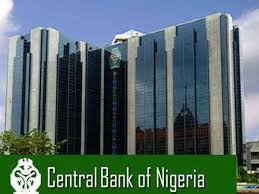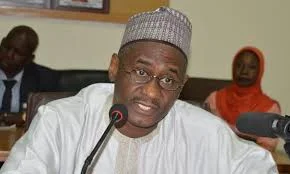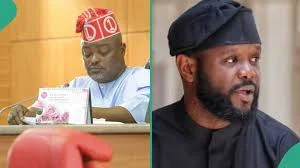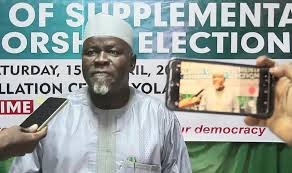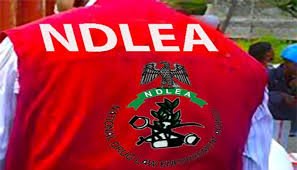The Central Bank of Nigeria (CBN) has announced another increase in the country’s benchmark interest rate, raising it to 27.65% from 26.25%. The CBN sees this move as a way to address soaring inflation. This marks the fourth rate hike this year, following previous increases in February, March, and May.
CBN Governor Olayemi Cardoso revealed the decision at a press conference following a two-day Monetary Policy Committee (MPC) meeting in Abuja on Tuesday. The move comes as Nigeria grapples with an inflation rate that reached 34.19% in June.
“The committee was mindful of the effect of rising prices on households and businesses and expressed its resolve to take necessary measures to bring inflation under control,” Cardoso stated.
The Monetary Policy Rate (MPR), which serves as the interest rate at which the CBN lends to commercial banks, has seen a cumulative increase of 800 basis points since February. This latest adjustment of 50 basis points reflects the central bank’s ongoing commitment to price stability.
In addition to the rate hike, the CBN made several other policy adjustments:
1. The asymmetric corridor around the MPR was adjusted from +100 to -300 basis points to +500 to -100 basis points.
2. The Cash Reserve Ratio (CRR) for commercial banks was retained at 45%, while the CRR for merchant banks was adjusted to 14%.
3. The liquidity ratio was maintained at 30%.
Cardoso expressed optimism about future price moderation, stating, “Despite the June 2024 uptick in headline inflation, prices are expected to moderate in the near term.”
.
He attributed this expectation to the increasing effectiveness of monetary policy and recent fiscal measures aimed at addressing food inflation.
The CBN Governor highlighted persistent food inflation as a key concern, citing insecurity in food-producing regions and high transportation costs as contributing factors. He emphasized the need to maintain high interest rates to mitigate the risk of hyperinflation, drawing parallels with Western economies that have implemented similar strategies.
“That will be as long as we can control and reverse galloping inflation,” Cardoso said, addressing the duration of rate hikes. “Once we achieve that, we will maintain the rates.”
While the CBN remains committed to its inflation-fighting strategy, some economic experts have cautioned against further rate increases. Critics argue that continued hikes could have detrimental effects on businesses and economic growth.

